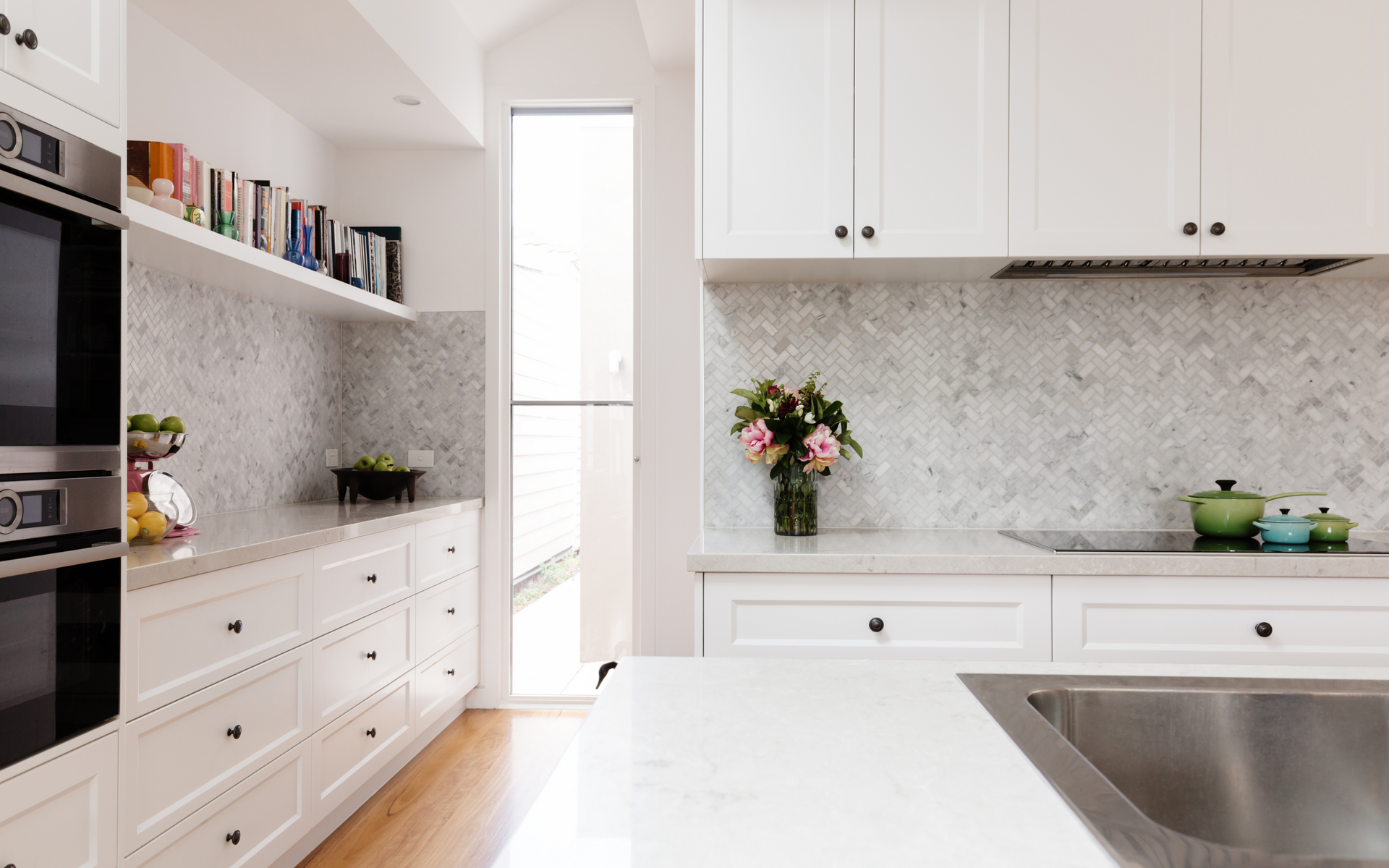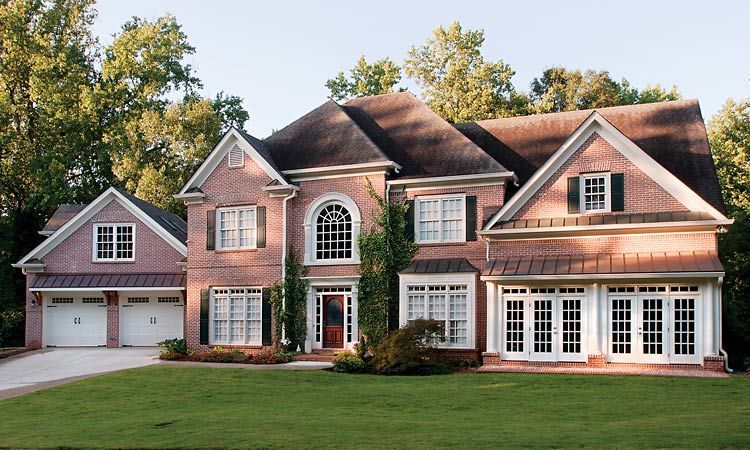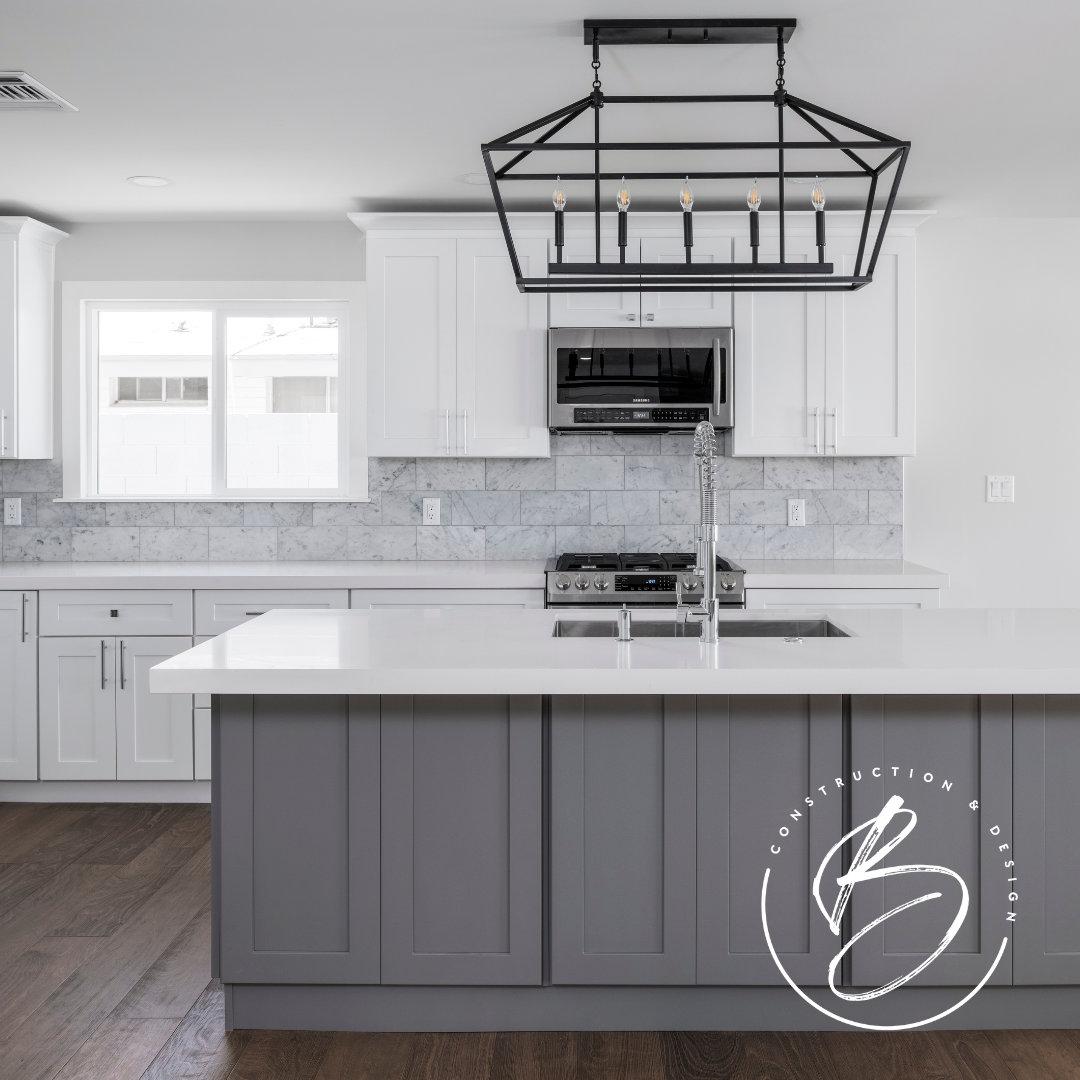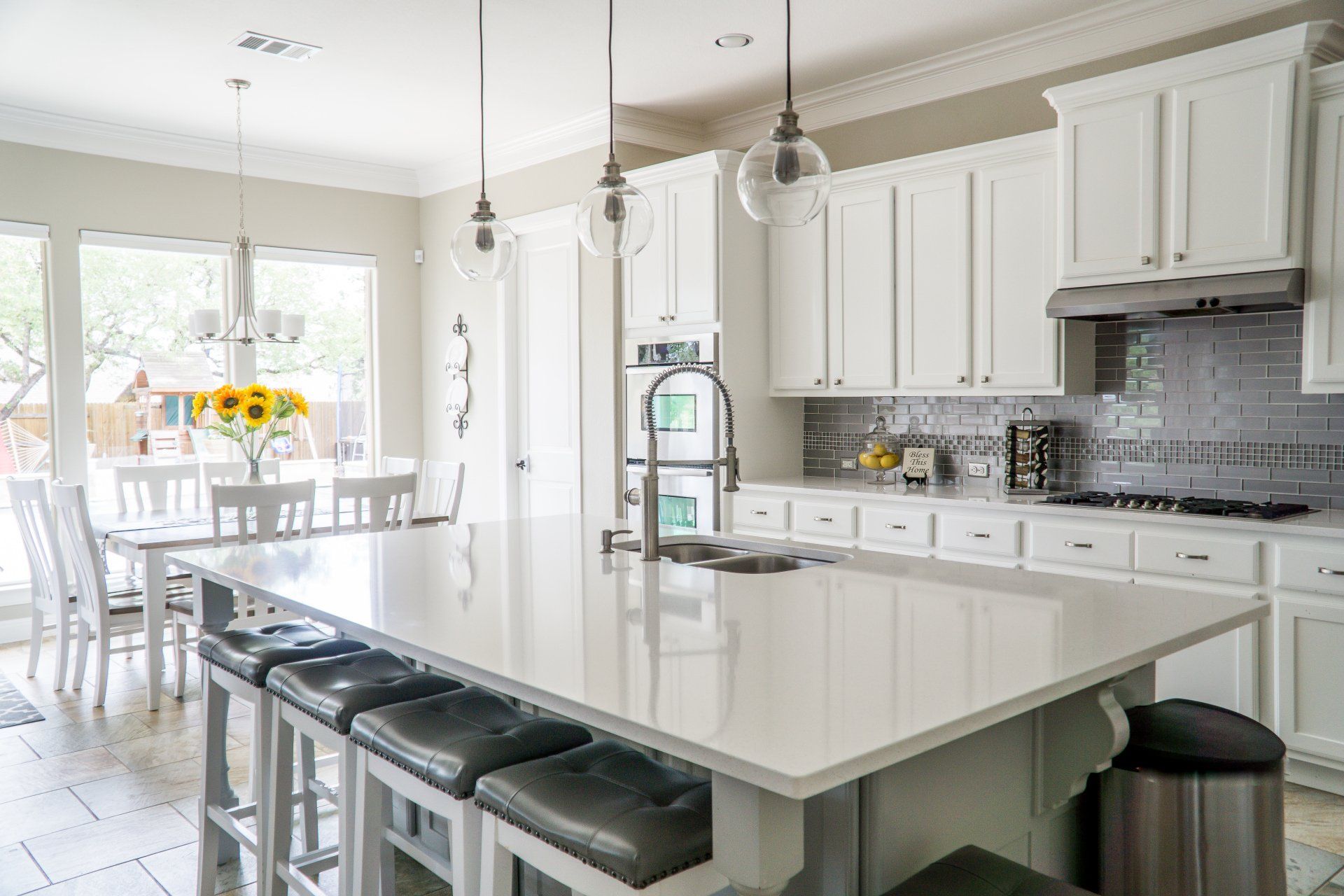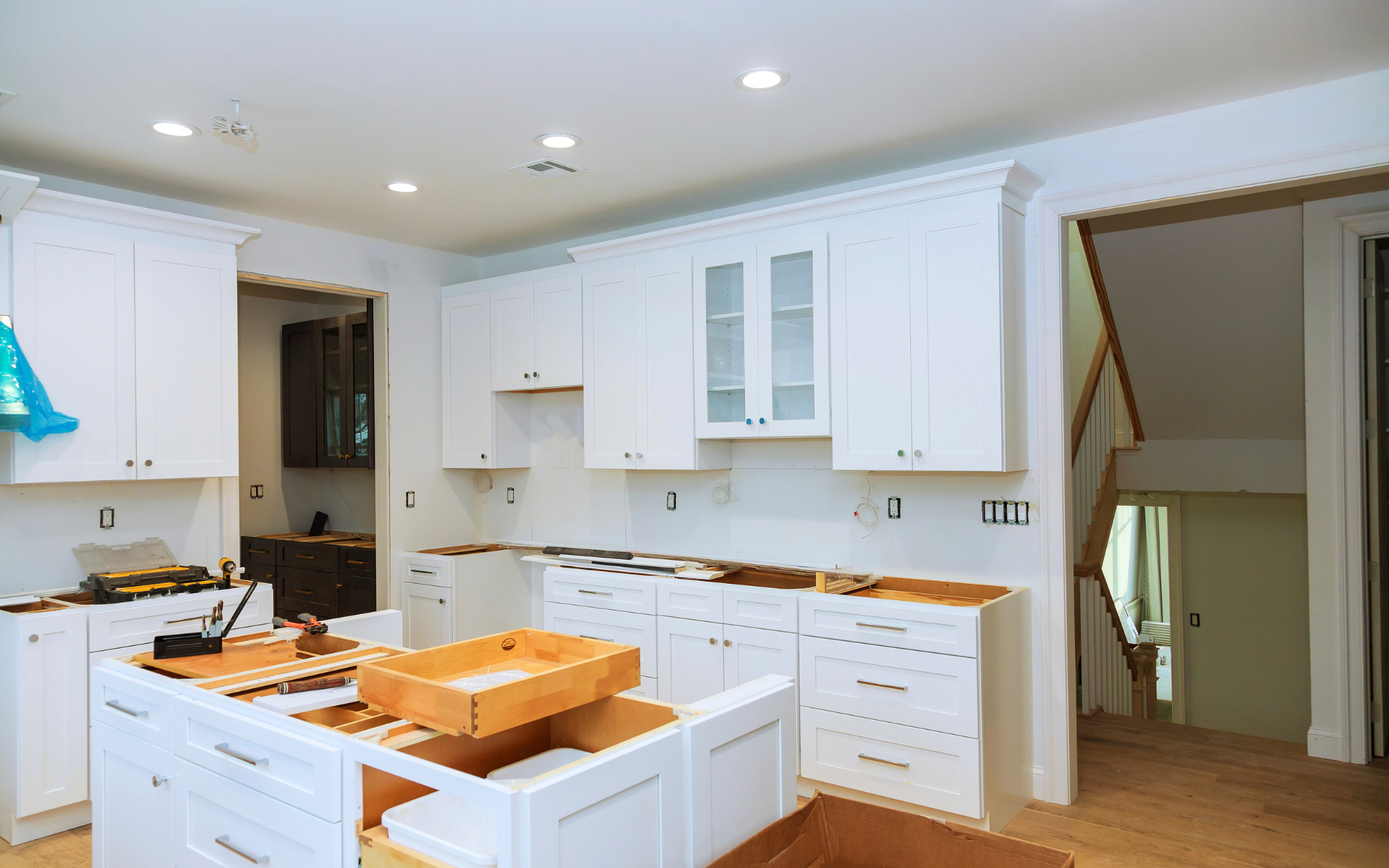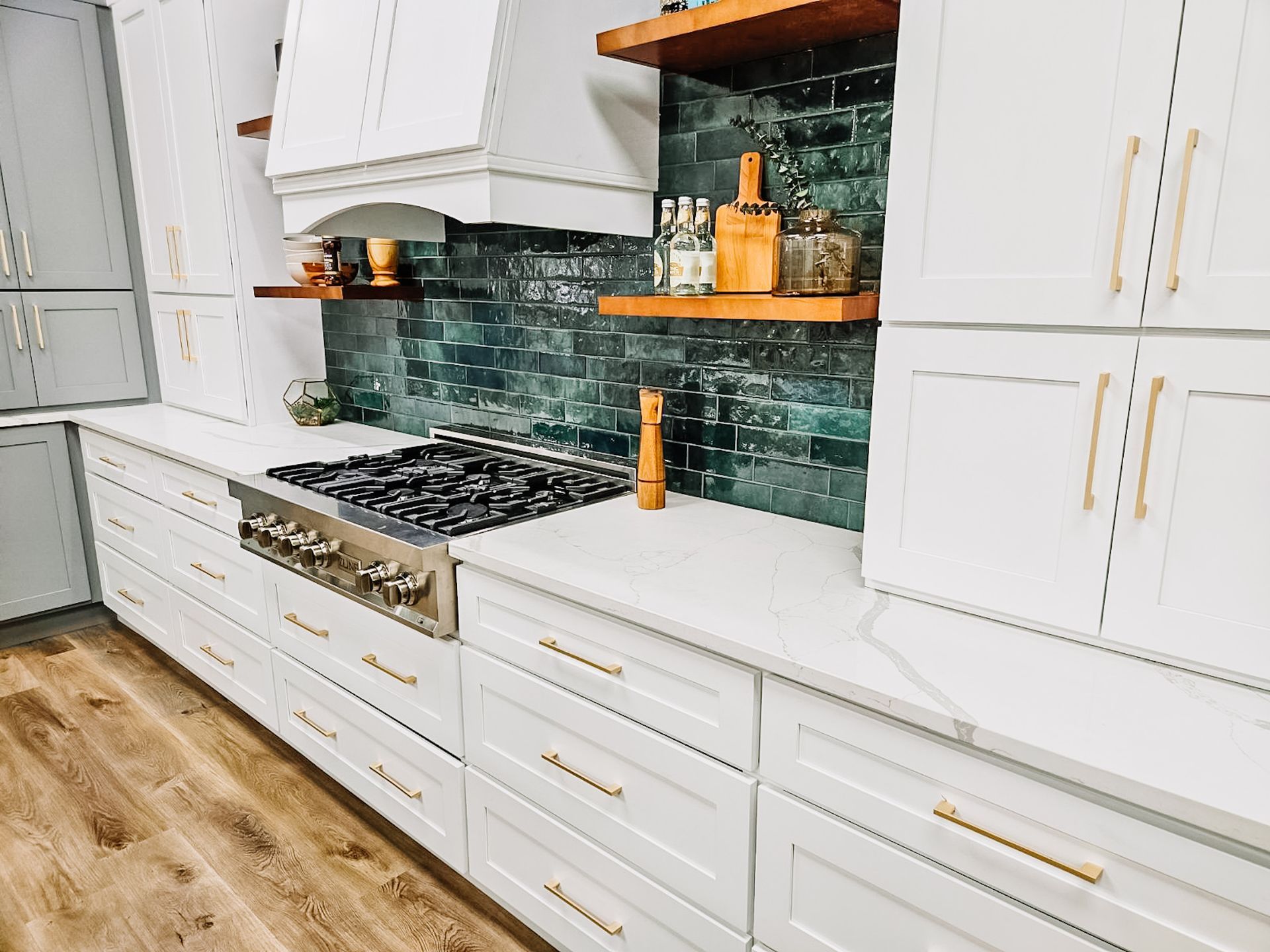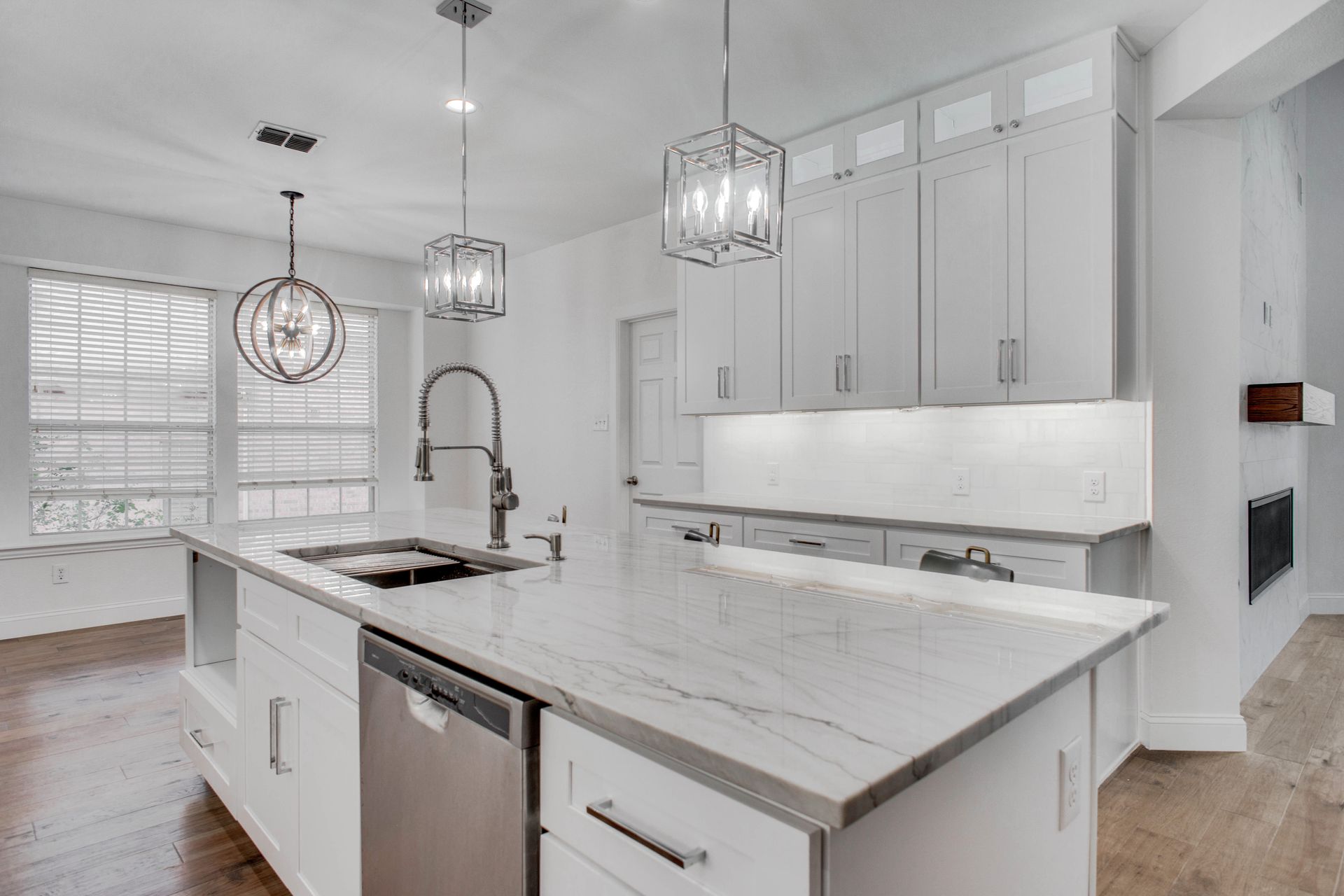Marble vs Quartz: Which Is Better?
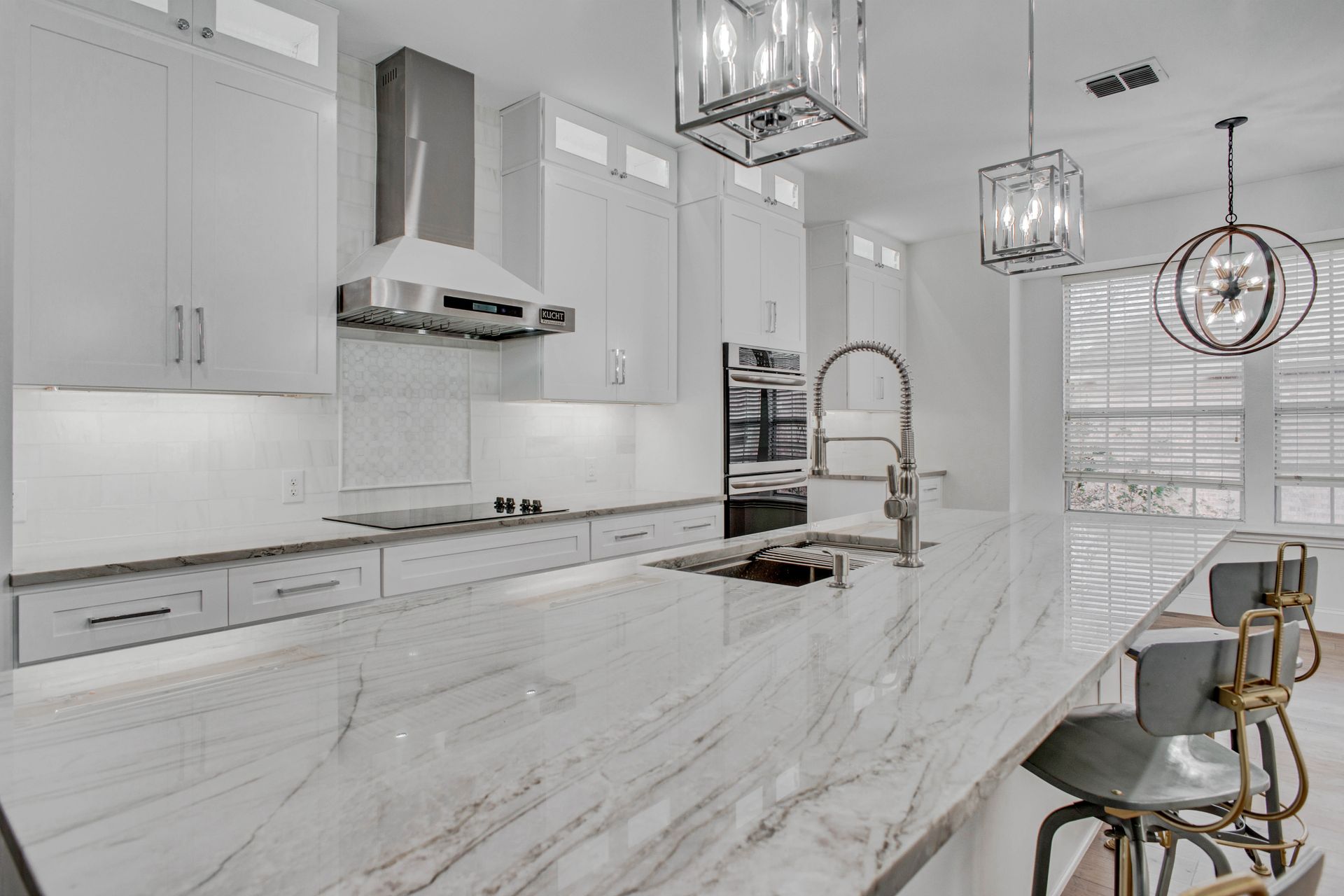
Quartz vs. Marble Countertops: Unveiling the Key Differences and Emerging Trends in Home Remodeling
Choosing the right countertop material for your home remodeling project is a crucial decision that can significantly impact the overall aesthetic, functionality, and value of your space.
Quartz and marble countertops have emerged as two popular options, each with its own unique characteristics and appeal. In this article, we will delve into the key differences between quartz and marble countertops, highlighting their variations in durability, maintenance, design versatility, and cost.
Furthermore, we will explore the current trends in home remodeling for countertops, shedding light on why homeowners and designers are gravitating toward certain materials.
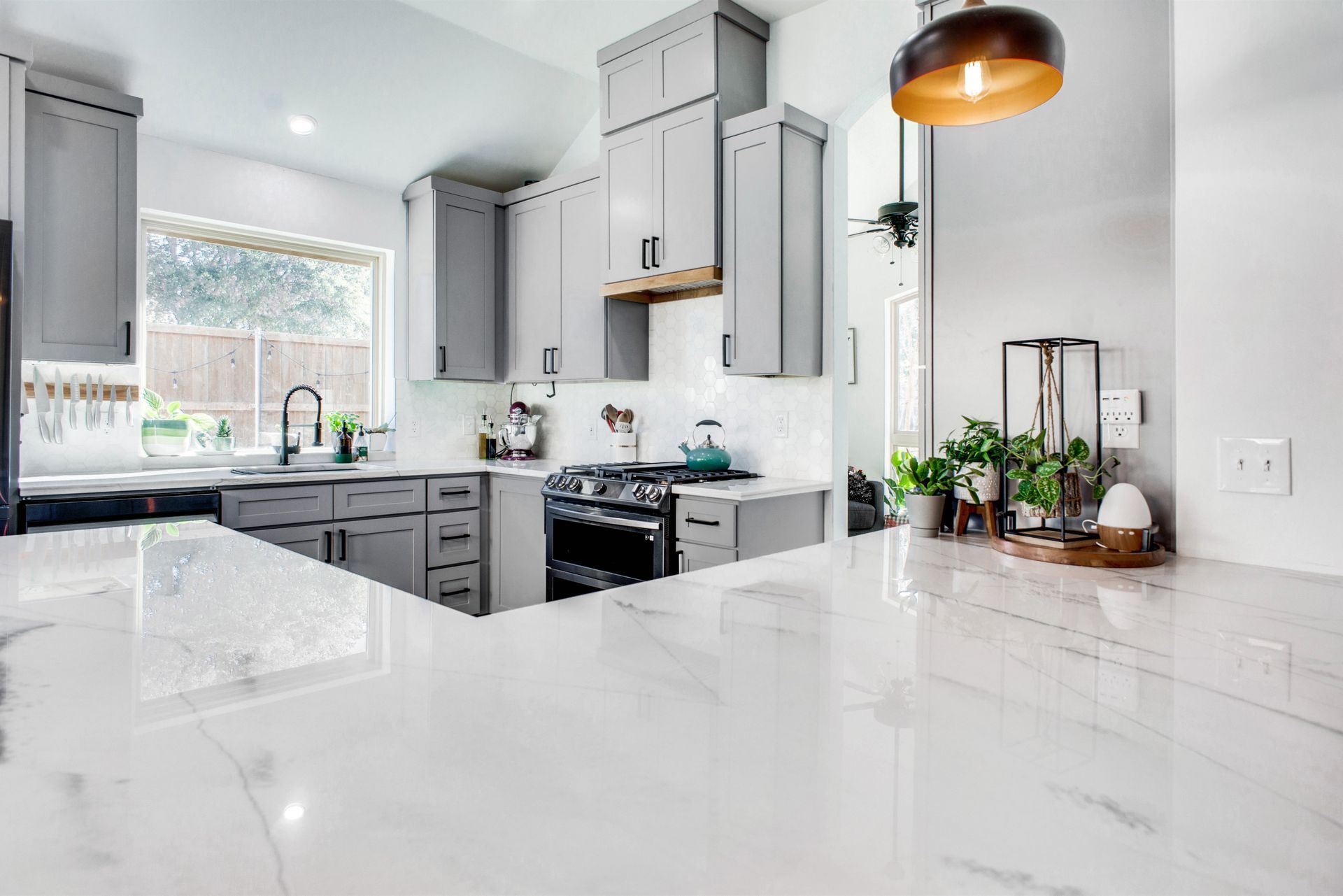
Durability: Quartz vs. Marble
When it comes to durability, quartz countertops hold a significant advantage over marble. Quartz, an engineered stone composed of natural quartz crystals and resins, is renowned for its exceptional strength and resistance to scratches, stains, and heat.
On the other hand, marble, a natural stone, is softer and more porous, making it susceptible to scratches, stains, and etching from acidic substances. Quartz countertops are engineered to withstand the demands of high-traffic areas like kitchens, ensuring long-lasting beauty and functionality.
Marble, while exquisite, requires more delicate care and maintenance to preserve its appearance over time.
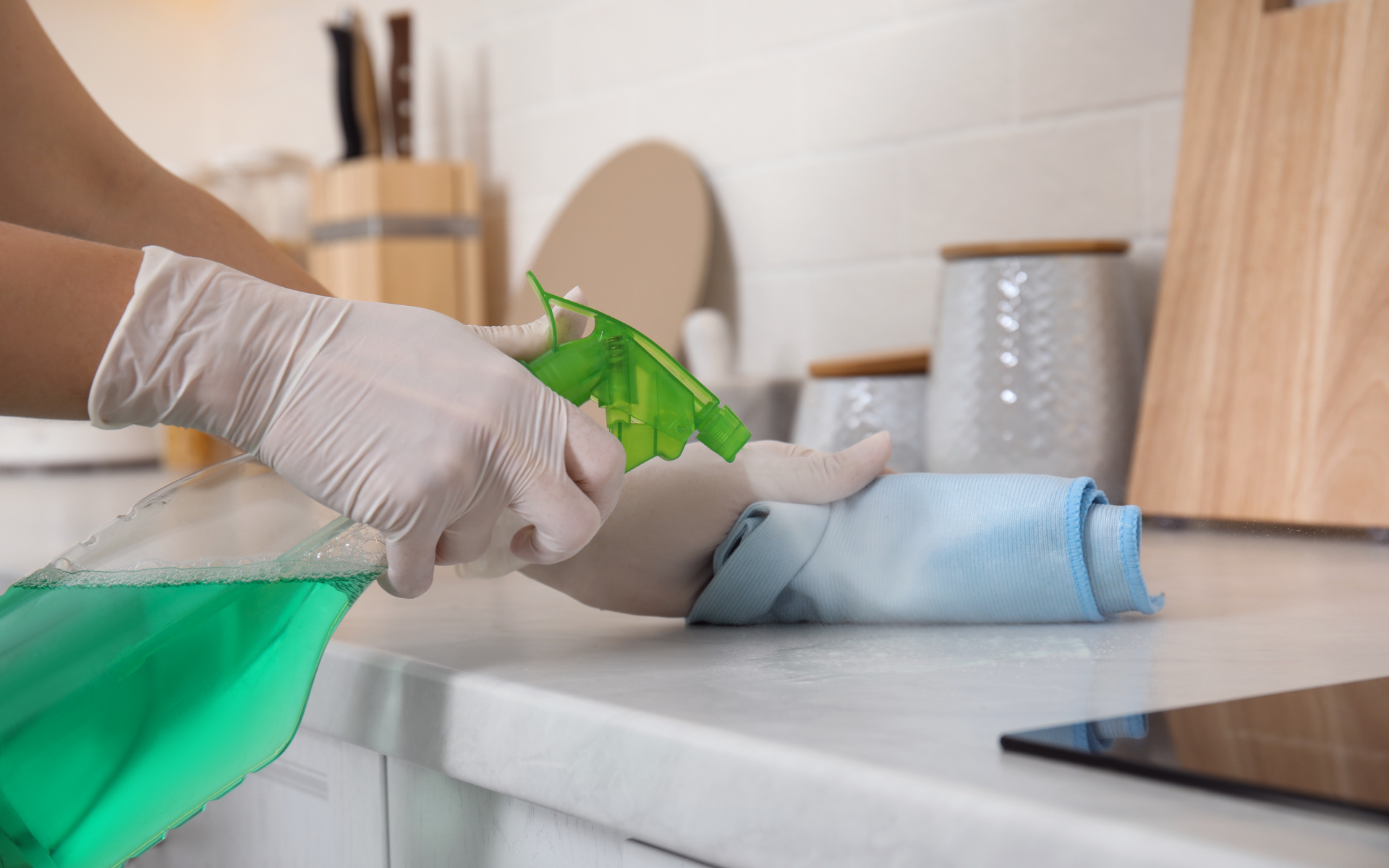
Quartz & Marble Maintenance Requirements: Ease of Care
Maintenance is a crucial consideration when comparing quartz and marble countertops. Quartz, being non-porous, is highly resistant to staining and does not require sealing. Cleaning quartz countertops is as simple as using mild soap and water, making it a low-maintenance option for busy homeowners.
Conversely, marble is porous and prone to staining. It demands regular sealing and more meticulous care to protect its surface from etching and discoloration. Marble countertops require delicate cleaning products and prompt attention to spills to maintain their beauty. The ease of care associated with quartz countertops has positioned them as a practical and convenient choice for many homeowners.
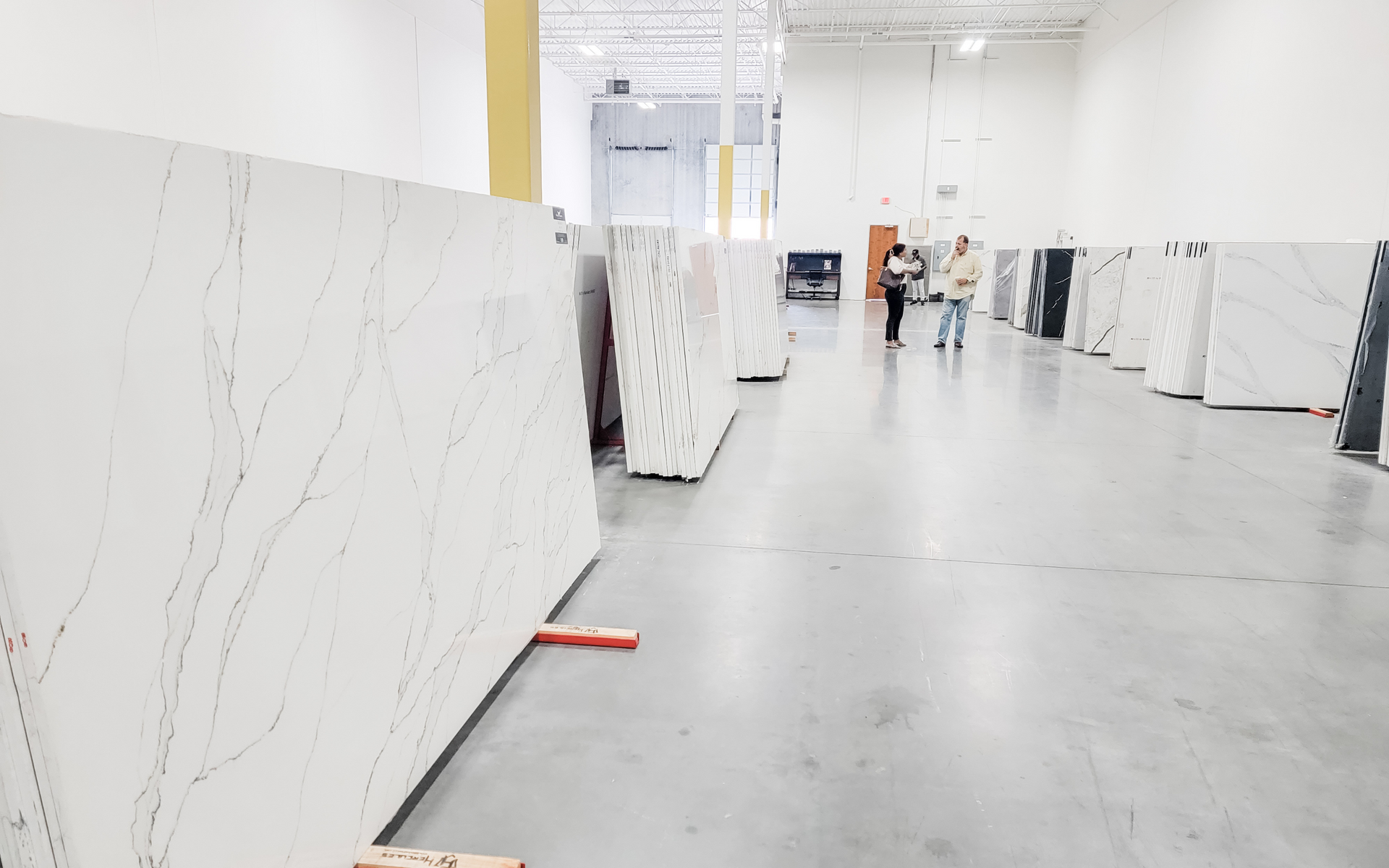
Versatility: Limitless Design Options With Quartz & Marble
Both quartz and marble countertops offer an array of design options, but they differ in their range of versatility. Quartz countertops have witnessed tremendous advancements in manufacturing techniques, allowing them to mimic the appearance of natural stones like marble. This means that homeowners can enjoy the luxurious and timeless look of marble while benefiting from the durability and low maintenance of quartz.
Additionally, quartz countertops are available in a wide range of colors, patterns, and finishes, enabling homeowners to customize their design to suit any style or theme. Marble countertops, with their unique veining and natural beauty, exude elegance and sophistication. They are renowned for creating a classic and luxurious ambiance in any space.
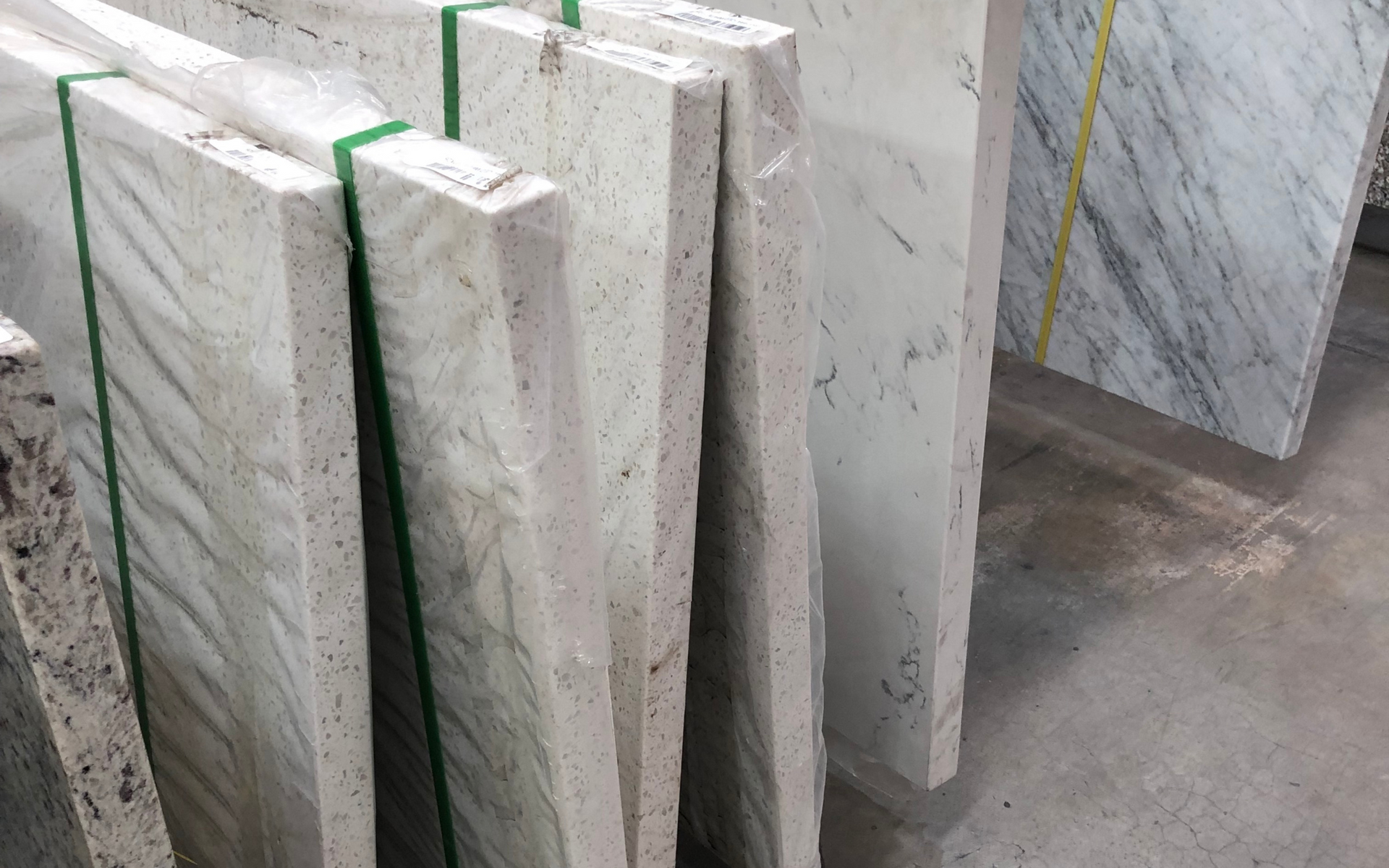
Cost Considerations: Affordability and Value
Cost is often a crucial factor in the decision-making process when it comes to home remodeling. Marble countertops, with their luxurious appeal, have traditionally been associated with a higher price point. The cost of marble can vary depending on the type and quality of the stone.
On the other hand, quartz countertops offer a more affordable alternative without compromising on quality or aesthetics. While the upfront cost of quartz may be higher than some other materials, its durability, low maintenance requirements, and long-term value contribute to its overall cost-effectiveness. Quartz countertops offer homeowners a balance between quality, style, and budget, making them an attractive choice for those seeking a cost-conscious solution.
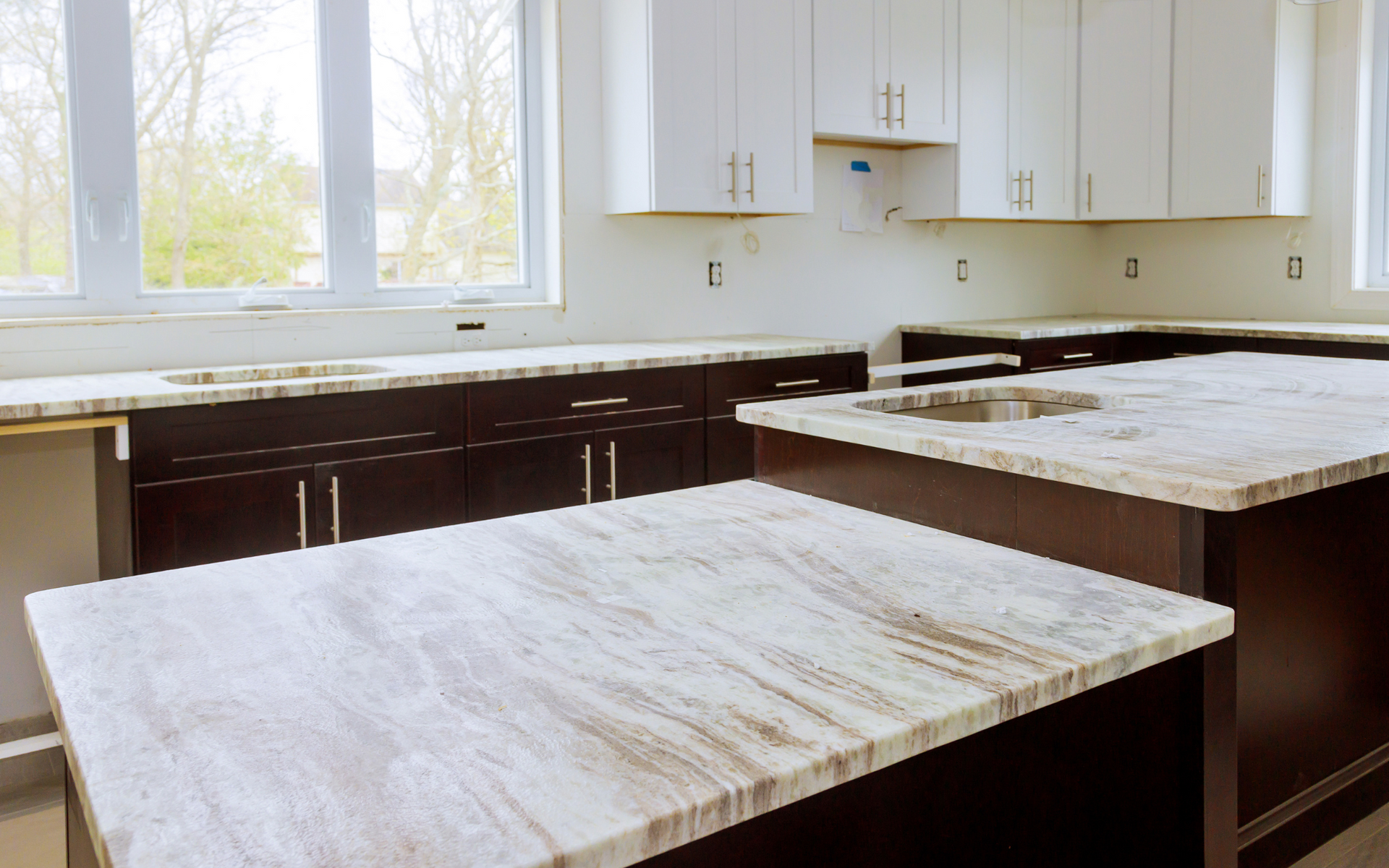
Marble Vs Quartz:
The Pros And Cons
𝗠𝗔𝗥𝗕𝗟𝗘
Pros:
- Marble is a premium material that screams "luxury!"
- Each slab of marble is one-of-a-kind, a piece of art vs. a piece mass produced.
- Marble is drop-dead gorgeous.
Cons:
- Marble is porous and prone to staining.
- Marble is soft and, in a kitchen, can be scratched by knives, pots and pans, or etched by acids in foods like lemon juice or ketchup.
- Marble must be sealed periodically to protect it from staining and scratching.
𝗤𝗨𝗔𝗥𝗧𝗭
Pros
- Engineered quartz can be molded into specific shapes, such as counters with sinks integrated into the slab.
- Engineered quartz comes in many colors and styles
- Coloring and texture is more uniform
- Quartz is stronger and less brittle than natural stone
- Quartz is harder and less prone to stains and scratches
Cons
- Seams can be visible
- Quartz counters are manmade, so they don't have the cachet of marble.
- Quartz is not as heat-resistant as marble.
Interested in a home remodel project? Our in-house designer can help you choose which countertop material fits your needs.




